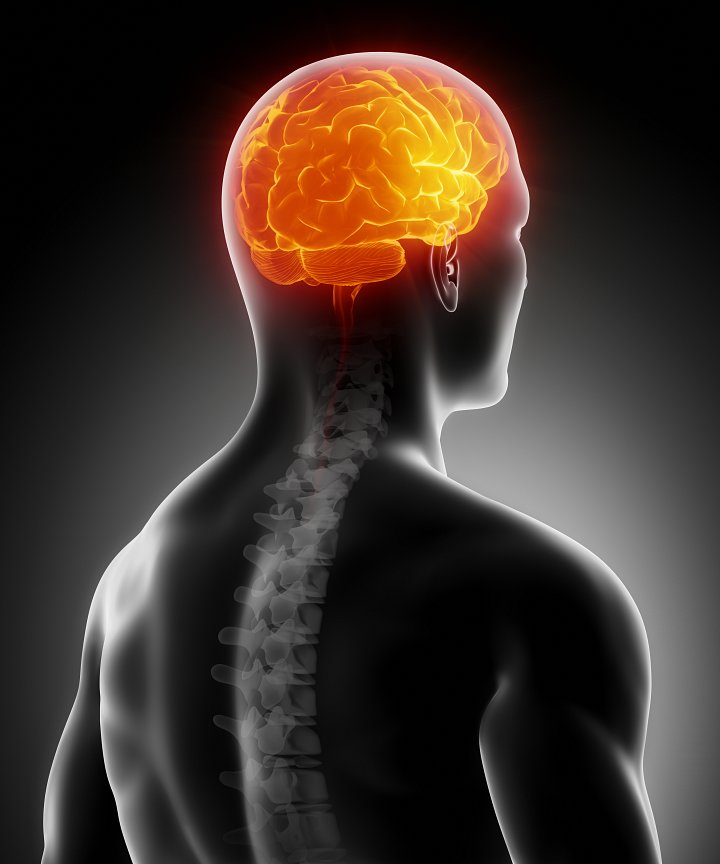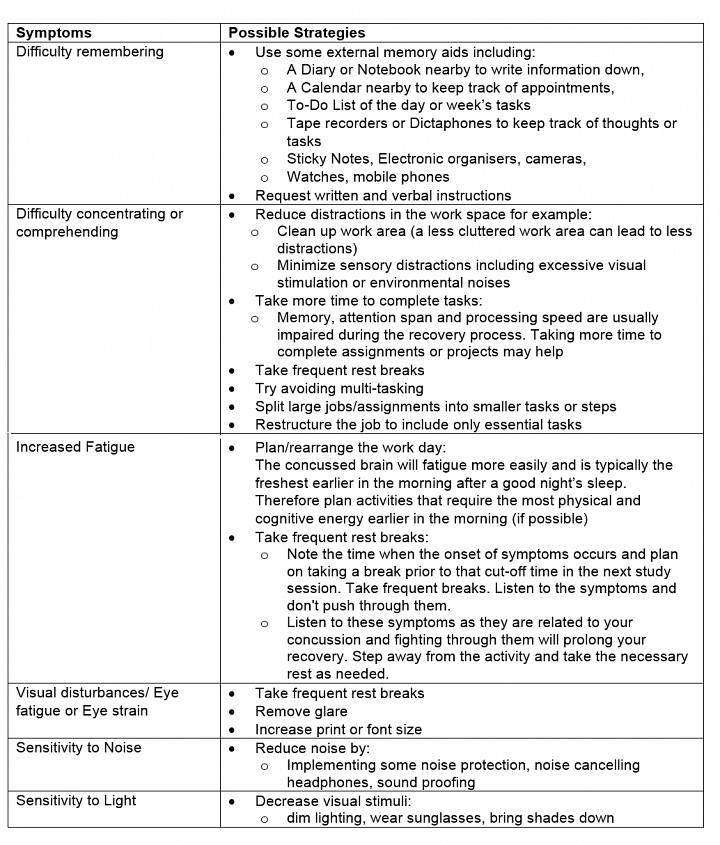 Concussion awareness is much higher in light of better knowledge, recognition of the symptoms and prevalence, and coverage in news and sports. A concussion is predominately associated with a blunt force to the head; however, it may also be caused as a result of trauma to any part of the body which can transmit linear and angular reaction forces to the head.
Concussion awareness is much higher in light of better knowledge, recognition of the symptoms and prevalence, and coverage in news and sports. A concussion is predominately associated with a blunt force to the head; however, it may also be caused as a result of trauma to any part of the body which can transmit linear and angular reaction forces to the head.
Recovering from a concussion is a lengthy process in most instances. Depending on the severity, post-concussion symptoms can last between weeks to months after an accident. Here are a list of common post-concussion symptoms:
-
- Nausea
- Balance problems/dizziness
- Memory
- Double or blurry vision
- Sensitivity to light and noise
- Fatigue or drowsiness
- Changes in sleep patterns
- Trouble comprehending and/or concentrating
- Depression
- Irritability, nervousness, or sadness
- Feelings of being “just not right” or in a “fog”
- Unusual behavior
Most individuals understand that returning back to vigorous activities including sports should be avoided initially, with a slow and gradual return depending on the severity of the concussion. However, most people don’t realize how a concussion may affect their transition back to daily life activities, including work.
Both physical and cognitive symptoms need to be considered when returning back to work. The brain is like any other tissue in the body – it requires a slow progressive return to its regular work activities.
Here are a list of some of the symptoms experienced and compensatory strategies to help you cope with your return back to regular work activities:

The return to work process varies between individuals, depending on the severity of the head injury, the work tasks required and the work environment. While some of the above strategies may be suitable for some, it may not be for others. It is always important to seek guidance from a healthcare professional prior to returning to work.

